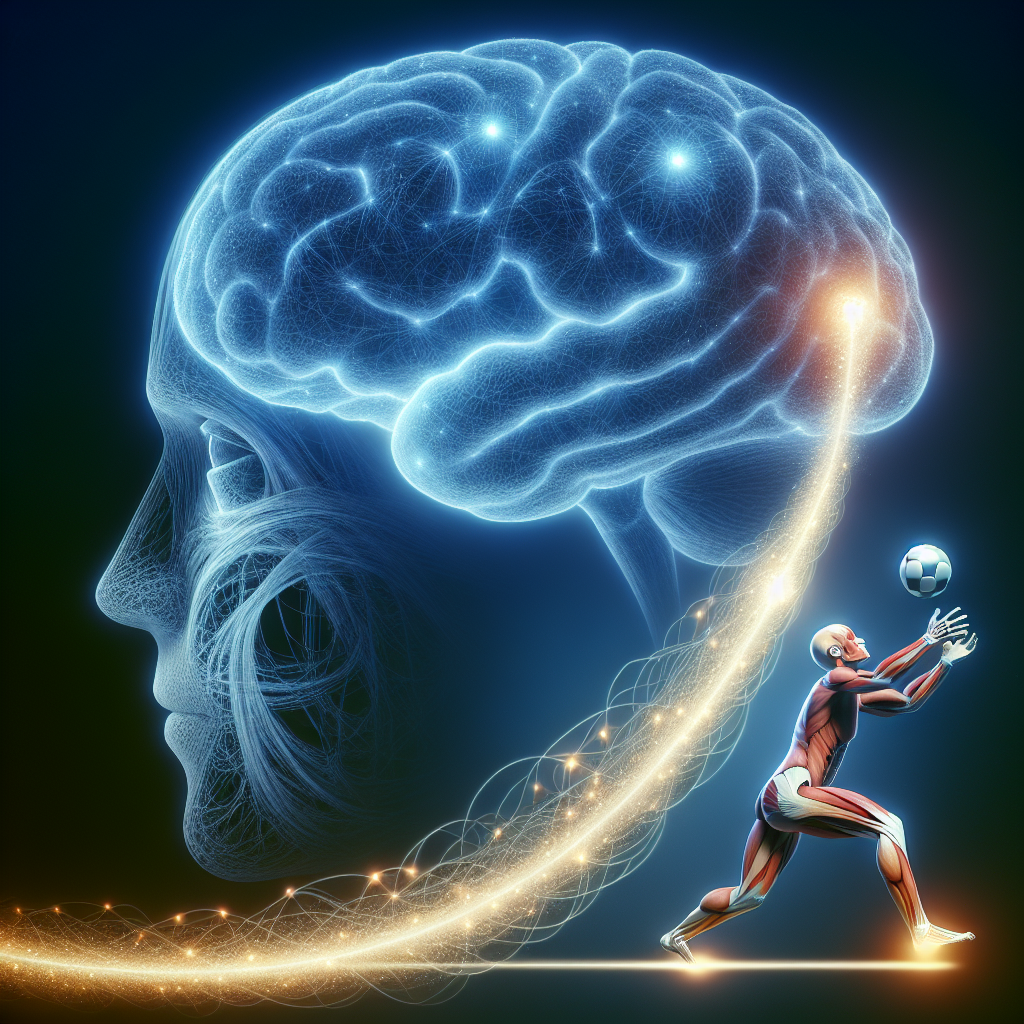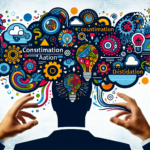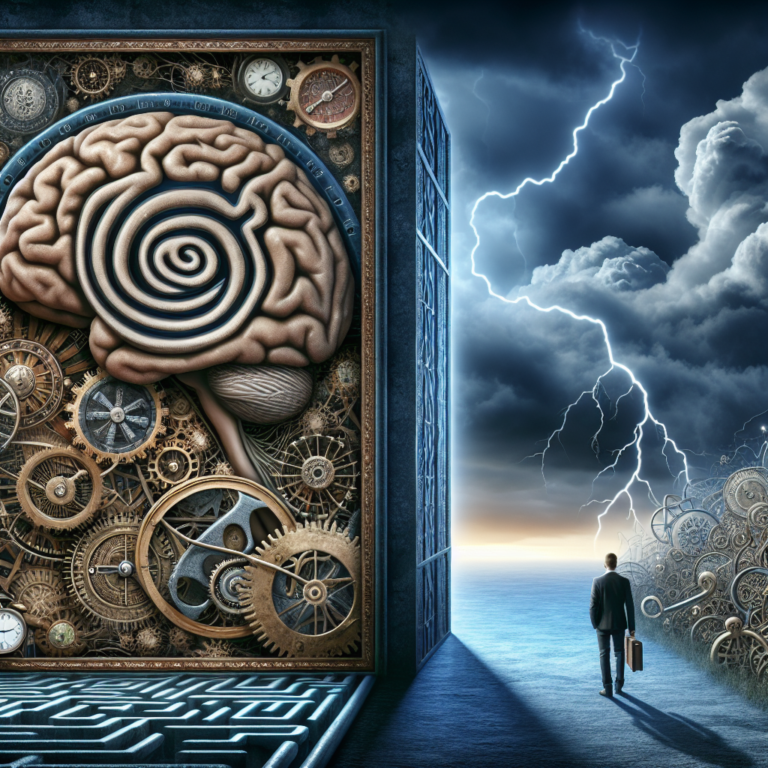
Introduction
Have you ever wondered why some people seem to react faster than others in high-pressure situations? Is it just a matter of natural talent, or does it reveal deeper insights into one’s overall health? The interplay between our brain and body goes beyond mere reflexes; it plays a significant role in our physical well-being. Understanding this connection can give us valuable insights into our health status. This article explores The Brain-Body Connection: What Reaction Time Reveals About Your Health and positions reaction time as a key indicator of neurological and physical wellness.
Understanding Reaction Time
What is Reaction Time?
Reaction time is the duration taken to respond to a stimulus. It is a combination of:
- Perception (recognizing the stimulus)
- Decision (choosing how to respond)
- Action (executing the response)
From athletic performances to driving, quick reaction times are essential. Research indicates that reaction time is not only crucial for physical capabilities but also intimately linked to cognitive functions and overall health.
Why is Reaction Time Important?
Measuring reaction time can provide insight into several health aspects:
- Cognitive Health: Slower reaction times can signify neurological issues or cognitive decline.
- Physical Fitness: Athletes have superior reaction times, which correlate with better physical health.
- Mental Well-being: Stress and anxiety can impair reaction capabilities, serving as signals for emotional states.
In essence, The Brain-Body Connection: What Reaction Time Reveals About Your Health encapsulates an essential area of human health research.
The Science Behind Reaction Time and Health
Key Factors Influencing Reaction Time
Age
- Reaction time tends to slow with age. Studies show that older adults exhibit decreased neural processing speed.
Physical Fitness
- A study published in the Journal of Sports Sciences found that physically active participants showed faster reaction times compared to sedentary individuals.
Neurological Function
- Conditions such as ADHD or Alzheimer’s can significantly delay response rates.
Sleep Quality
- Poor sleep has been linked to slower reaction times. A study in the Journal of Clinical Sleep Medicine reports that even one night of poor sleep can affect cognitive functions, including reaction times.
- Mental Health
- High stress levels can detrimentally impact cognitive response speeds, reflecting the brain-body connection.
reaction time data table:
| Factor | Impact on Reaction Time |
|---|---|
| Age | Slows with advancing age |
| Physical Fitness | Faster in active individuals |
| Neurological Health | Delayed in certain conditions |
| Sleep Quality | Poor sleep = slower reaction |
| Mental Health | High stress = reduced reaction |
Case Study 1: Athletes and Reaction Time
In a study examining Olympic sprinters, researchers found that elite athletes had reaction times averaging 100 milliseconds faster than the national average for adults. Such a difference is not just advantageous but can be crucial for performance outcomes.
Analysis:
This case exemplifies how enhanced physical health directly correlates with improved reaction time, showing the powerful connection between brain function, physical ability, and overall health.
Assessing Your Reaction Time: Simple Tests
Several tests can help gauge your reaction time, revealing insights into brain-body dynamics:
Simple Reaction Time Test:
- Drop a ruler and catch it as fast as possible. Measure where your fingers caught it—the smaller the distance, the quicker the reaction.
Color Change Test:
- Practice responding to color changes on a screen. Use online tools that measure how quickly you can respond.
- Video Game Reflex Test:
- Fast-paced action video games can serve as both fun and effective tools for measuring quick reflexes, reflecting mental agility.
Case Study 2: Sleep and Reaction Time
A pioneering study assessed the impact of sleep deprivation among medical interns. The interns who averaged less than 6 hours a night showed reaction times significantly slower than their well-rested colleagues.
Analysis:
This case emphasizes the brain-body connection: sleep, a crucial factor for cognitive and emotional health, directly affects one’s ability to react. Promoting good sleep hygiene can therefore optimize reaction capabilities.
Enhancing Reaction Time: Practical Tips for Health Improvement
Enhancing your reaction time can lead to numerous benefits, including better health outcomes. Here are some suggestions:
Physical Exercise
Engaging in regular physical activities—like running, swimming, or even yoga—can enhance coordination and reactionary speed.
Mental Exercises
Activities that challenge your brain—like puzzles or memory games—promote sharpness and improved reaction time.
Mindfulness and Stress Management
Practicing mindfulness or meditation can reduce stress, enhancing cognitive function and consequently, reaction time.
Quality Sleep
Prioritizing sleep hygiene—like maintaining a regular sleep schedule and limiting screen time before bed—can significantly improve both your physical and cognitive functions.
Conclusion
The intricate connection between brain and body is richly illustrated through reaction time. By understanding The Brain-Body Connection: What Reaction Time Reveals About Your Health, we can unlock the door to better mental, physical, and emotional health. From athletes to ordinary individuals, the value of improving reaction time cannot be overstated. Whether through exercise, mental challenges, or good sleep, enhancing your reaction time is not just about agility; it’s a step towards holistic well-being.
FAQs
1. What is considered a good reaction time?
A good reaction time varies by activity, but generally, less than 250 milliseconds is considered average for most individuals.
2. How can I improve my reaction time?
Regular physical exercise, getting enough sleep, and engaging in mental agility exercises can significantly improve your reaction time.
3. Can reaction time be a sign of health issues?
Yes, slower than average reaction times can indicate potential neurological issues or cognitive decline, emphasizing the importance of monitoring your health.
4. Are there specific foods that can enhance cognitive functioning?
Foods rich in omega-3 fatty acids, antioxidants, and vitamins B and D are known to support cognitive health.
5. Is there a relationship between mental health and reaction time?
Absolutely. High-stress levels and mental health conditions can impair cognitive functions, including reaction time.
Through understanding The Brain-Body Connection: What Reaction Time Reveals About Your Health, you harness the potential to enhance your overall health and well-being. Take these insights and inspire your journey towards a sharper, healthier you!













